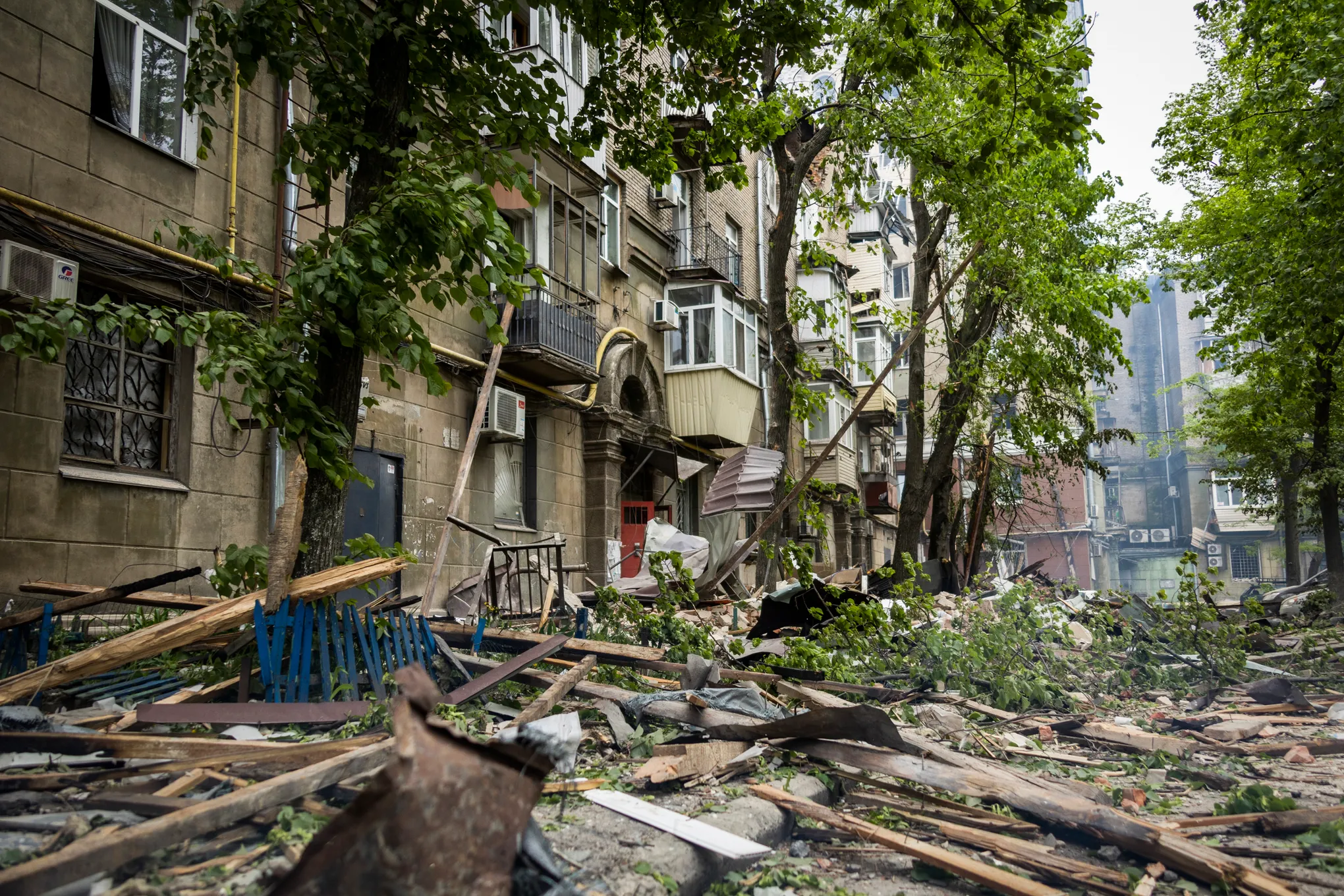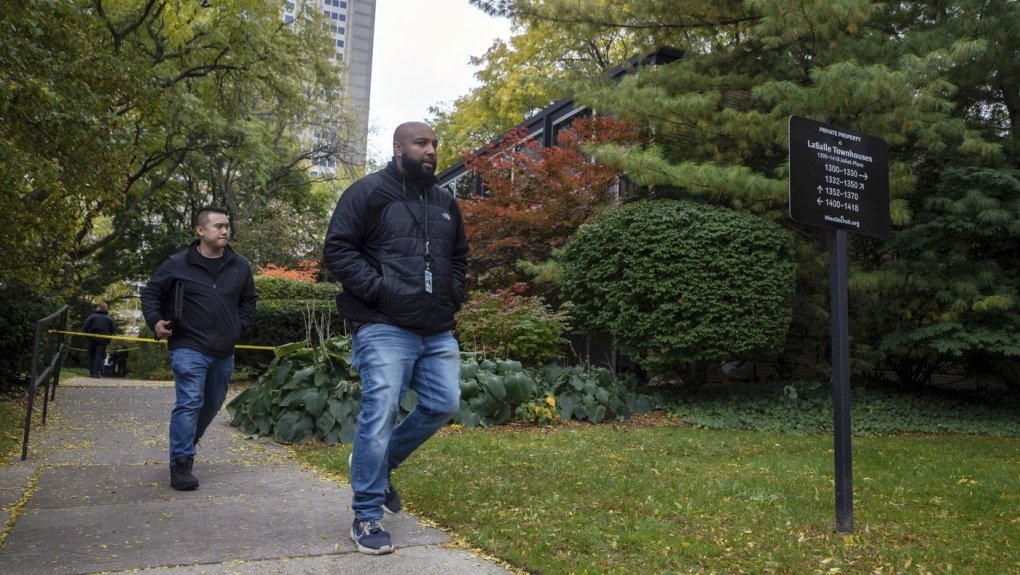In the aftermath of a flash flood that has been likened to a tsunami, emergency teams in Derna, Libya, are engaged in a race against time to locate thousands of individuals still missing after the calamity that has claimed the lives of at least 4,000 people.
This devastating deluge, triggered by a surge of water from two upstream dams, has left Derna transformed into a nightmarish wasteland. Entire city blocks have been obliterated, and an unknown number of individuals have been swept into the Mediterranean.
Central neighborhoods on both sides of the typically dry river now bear the scars of this natural disaster, resembling a path of destruction left by a colossal steamroller. Uprooted trees, demolished buildings, and vehicles are strewn across the landscape, with some resting on the port’s breakwaters.
Survivors recount the horror of the sudden rise in water levels, with one man describing the terrifying experience of being swept away with his mother. “The water was rising with us until we got to the fourth floor, the water was up to the second floor,” he recounted.
As the city grapples with immense loss, hundreds of body bags line the mud-covered streets, awaiting mass burials. Grieving residents scour the debris-filled streets in search of missing loved ones, while bulldozers work tirelessly to clear the rubble and heaps of sand.
Yann Fridez, the head of the Libya delegation of the International Committee of the Red Cross, described the disaster as “violent and brutal,” noting the destruction of buildings and infrastructure. Families are still searching for missing relatives, and the floodwaters have begun washing up dead bodies on the shore.
The catastrophe was exacerbated by the hurricane-strength Storm Daniel, further exacerbated by Libya’s fragile infrastructure, which has struggled since the fall of Moamer Kadhafi in 2011. Had early warning and emergency management systems functioned correctly, many lives could have been spared, said UN World Meteorological Organization chief Petteri Taalas.
Access to Derna remains severely hindered due to extensive damage to roads, bridges, and essential utilities. Climate experts have attributed the disaster to a changing climate coupled with Libya’s deteriorating infrastructure.
Storm Daniel, which intensified during an unusually hot summer, has already wreaked havoc in Turkey, Bulgaria, and Greece, causing widespread flooding and casualties.
UN rights commissioner Volker Turk stressed that this tragedy serves as a grim reminder of the devastating impact of climate change on our world.



